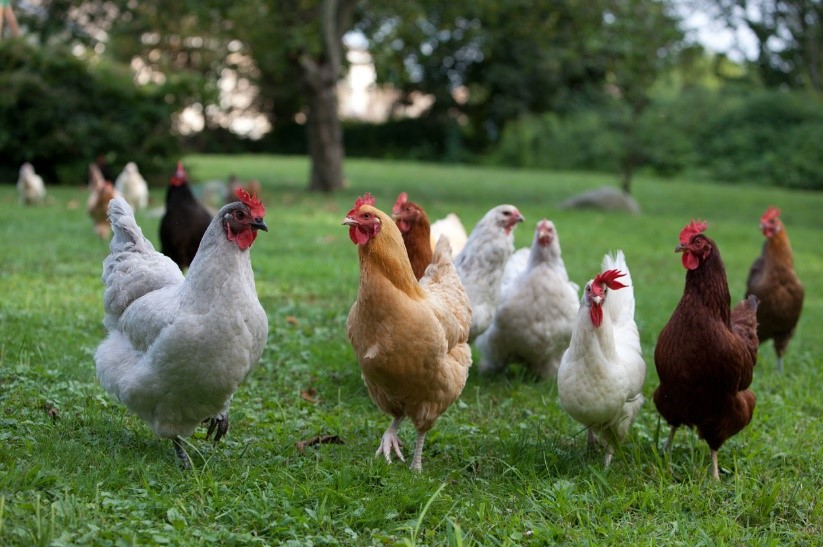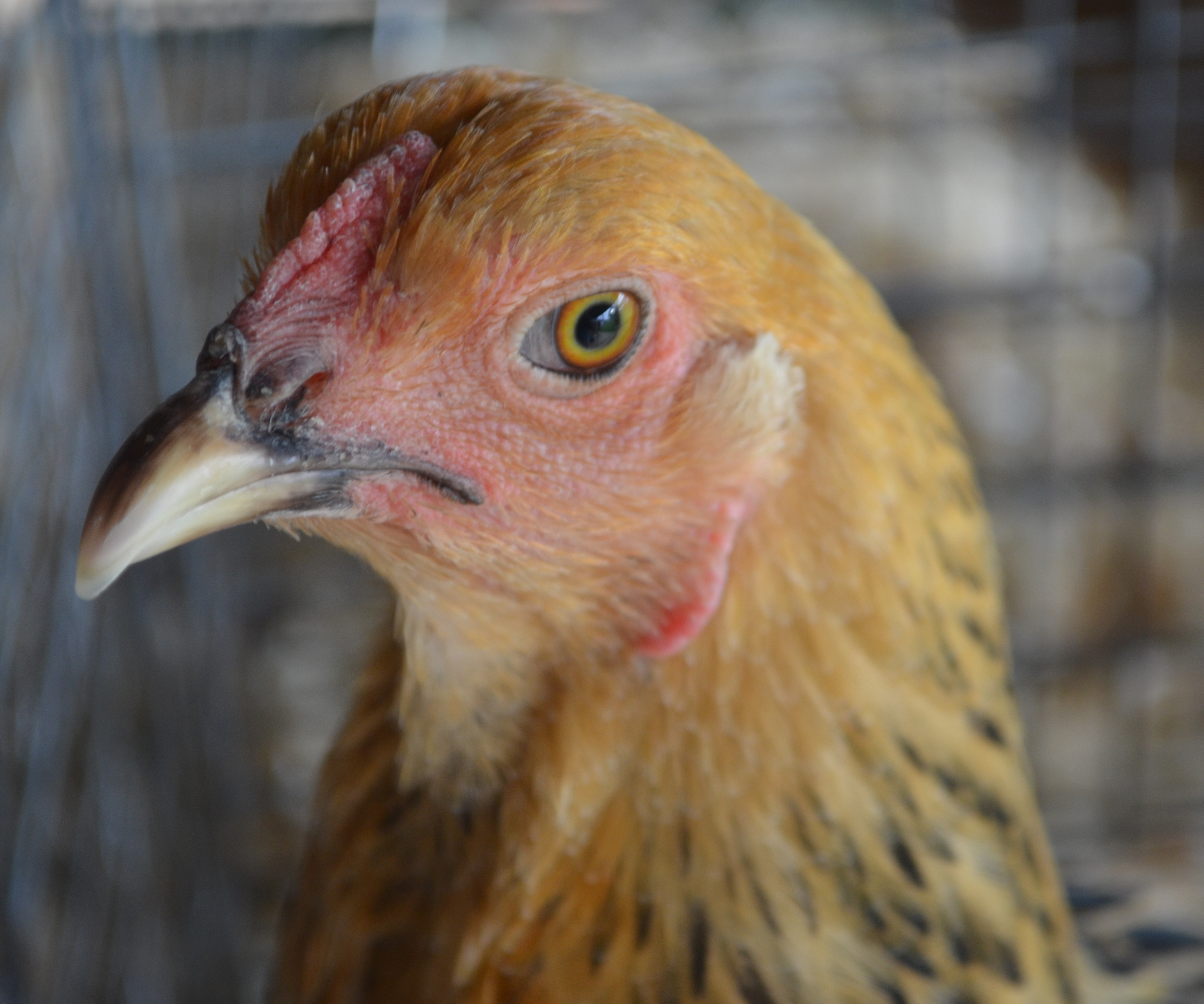CLINICAL SIGNS OF VIRULENT NEWCASTLE DISEASE INCLUDE
WHERE TO REPORT SICK BIRDS OR UNEXPLAINED DEATHS
POULTRY GROWERS - PROTECT YOUR FLOCK WITH GOOD BIOSECURITY
USDA CONFIRMS VIRULENT NEWCASTLE DISEASE IN COMMERCIAL FLOCK IN CALIFORNIA

WASHINGTON, D.C., December 15, 2018—The United States Department of Agriculture’s (USDA) Animal and Plant Health Inspection Service (APHIS) confirmed the presence of virulent Newcastle disease in a commercial chicken flock in Riverside County, California. This finding is part of an outbreak in southern California that began in May 2018 in backyard birds. This is the first case in commercial poultry since 2003. Read more here.
Virulent Newcastle Disease (vND), formerly known as Exotic Newcastle Disease is a contagious and fatal viral disease affecting the respiratory, nervous and digestive systems of birds and poultry. The disease is so virulent that many birds and poultry die without showing any clinical signs. vND is not a food safety concern. No human cases of Newcastle disease have ever occurred from eating poultry products. Properly cooked poultry products are safe to eat. In very rare instances people working directly with sick birds can become infected with mild symptoms.
vND has not been found in commercial poultry in the U.S. since 2003.
|
On May 17, 2018, the United States Department of Agriculture’s Animal and Plant Health Inspection Service confirmed the presence of virulent Newcastle disease in a small flock of backyard exhibition chickens in Los Angeles County, California. To track the spread of the disease, click here: https://www.aphis.usda.gov/aphis/ourfocus/animalhealth/animal-disease-information/avian-influenza-disease/vnd To Report Sick or Dead Poultry New Jersey Department of Agriculture, Division of Animal Health 609-671-6400 or state.veterinarian@ag.state.nj.us -OR- USDA APHIS Veterinary Services NJ Area Office 609-259-5260 or toll-free at 1-866-536-7593 To Report Sick/Dead Wild Birds, Wild Waterfowl, Pators, Shorebirds or Gulls: USDA APHIS Wildlife Services 908-735-5654 ext.2 -OR- NJDEP Hotline, toll-free 877-WARN-DEP (877-927-6337) |
![]()
CLINICAL SIGNS OF VIRULENT NEWCASTLE DISEASE INCLUDE
- sudden death and increased death loss in the flock;
- sneezing, gasping for air, nasal discharge, coughing;
- greenish, watery diarrhea;
- decreased activity, tremors, drooping wings, twisting of the head and neck, circling, complete stiffness; and
- swelling around the eyes and neck.

![]()
WHERE TO REPORT SICK BIRDS OR UNEXPLAINED DEATHS
All poultry owners, whether commercial producers or backyard enthusiasts, need to report sick or unexplained bird deaths to State/Federal officials immediately. For small flocks, this can include deaths of one bird per day for two days in a row.
For more information or to report sick or dead poultry contact:
New Jersey Department of Agriculture, Division of Animal Health
609-671-6400 or
-OR-
USDA APHIS Veterinary Services NJ Area Office
609-259-5260 or toll-free at 1-866-536-7593
To Report Sick/Dead Wild Birds, Wild Waterfowl, Raptors, Shorebirds or Gulls: USDA APHIS Wildlife Services, 908-735-5654 ext. 2
-OR
NJDEP Hotline, toll free, 877-WARN-DEP (877-927-6337)
![]()
POULTRY GROWERS - PROTECT YOUR FLOCK WITH GOOD BIOSECURITY
Virulent Newcastle disease spreads when healthy birds come in direct contact with bodily fluids from sick birds. The disease affects almost all birds and poultry, even vaccinated poultry. The virus can travel on manure, egg flats, crates, other farming materials or equipment, and people who have picked up the virus on their clothing, shoes, or hands.
Help protect your birds by following these practices:
- Restricting traffic onto and off of your property;
- Disinfect shoes, clothes, hands, egg trays or flats, crates, vehicles, and tires;
- Avoid visits to other poultry farms or bird owners. If you do, be sure to change clothes and clean your hands and shoes before entering your own bird area;
- Wash your hands and scrub your boots before and after entering a poultry area; and
- Isolate any birds returning from shows for 30 days before placing them with the rest of the flock.
For more information about biosecurity click here: https://www.aphis.usda.gov/publications/animal_health/2015/card_end.pdf
![]()


